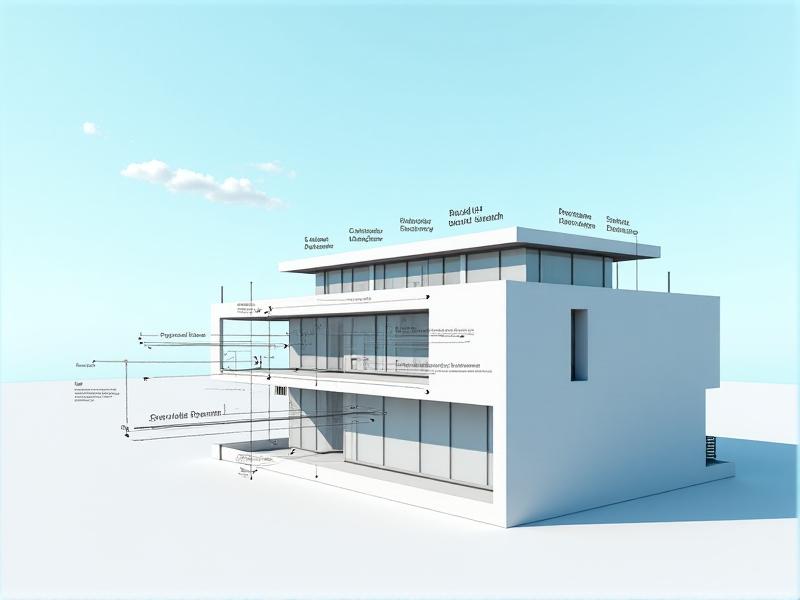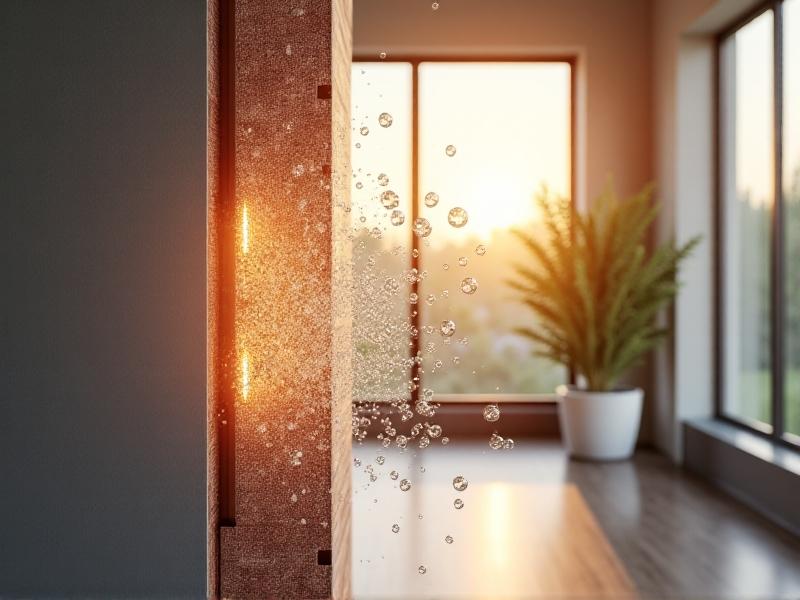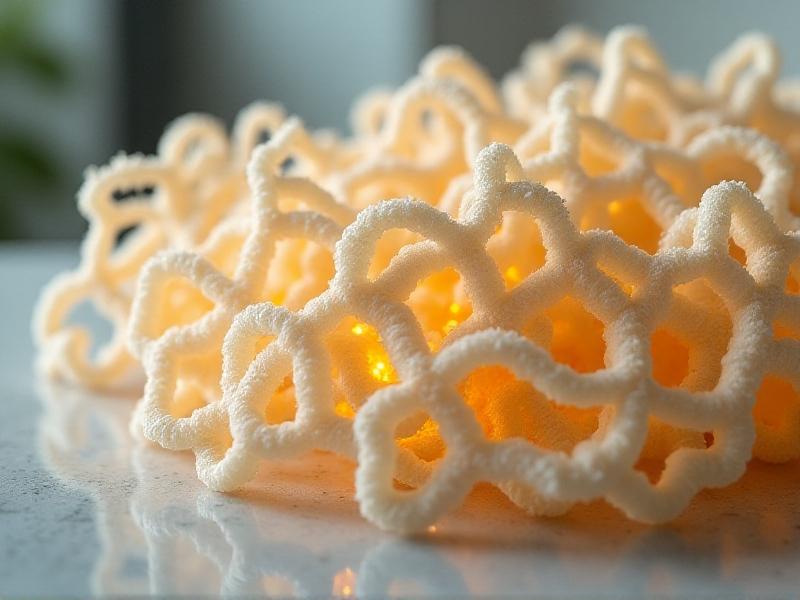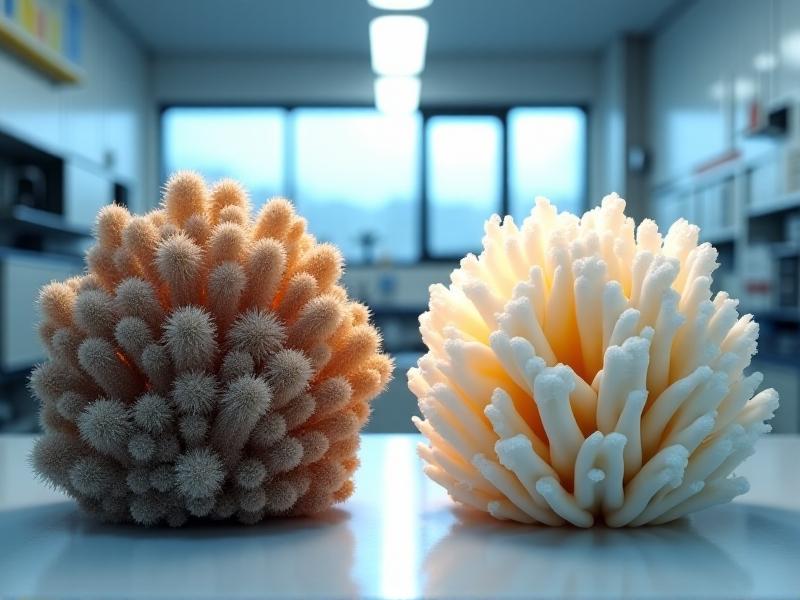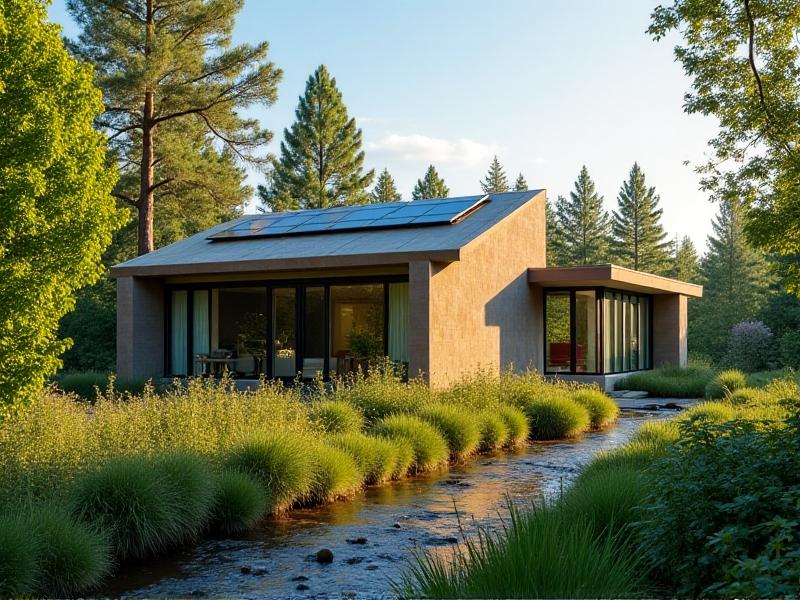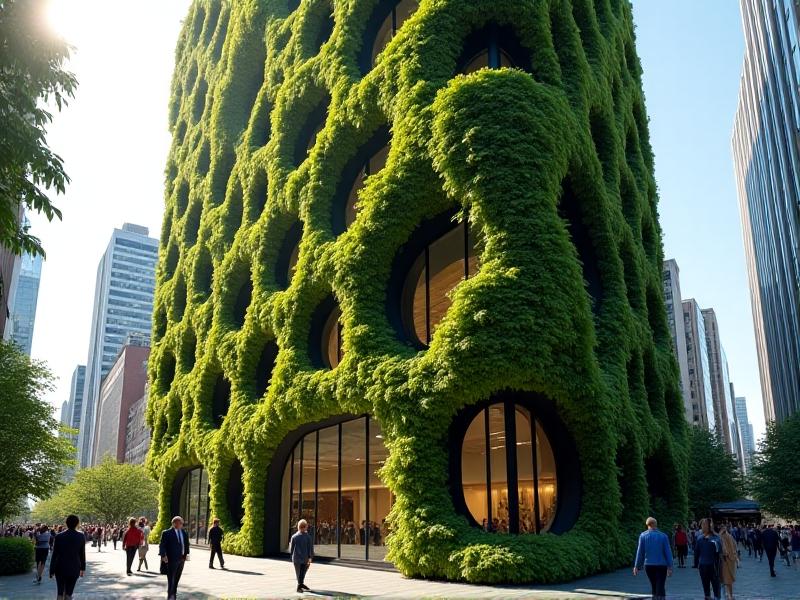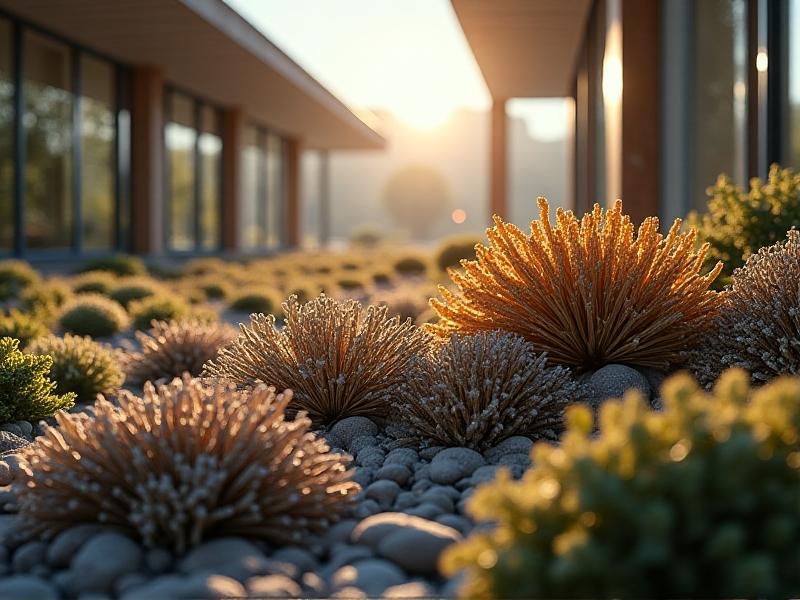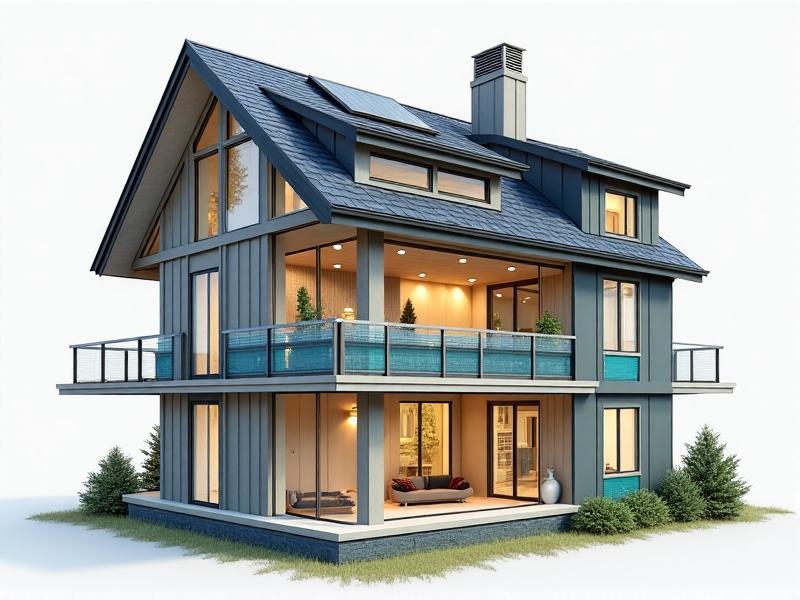Custom Mold Creation for Shaping Fungal Insulation Panels
The Rise of Fungal Insulation Panels in Sustainable Construction
In recent years, the construction industry has seen a surge in the adoption of sustainable materials, with fungal insulation panels emerging as a frontrunner. These panels, made from mycelium—the root structure of fungi—offer a biodegradable, lightweight, and highly efficient alternative to traditional insulation materials. The growing demand for eco-friendly building solutions has driven innovation in the production process, particularly in the development of custom molds for shaping these panels. Custom molds play a pivotal role in ensuring that fungal insulation panels meet specific design and performance criteria, making them a critical component in the sustainable construction movement.
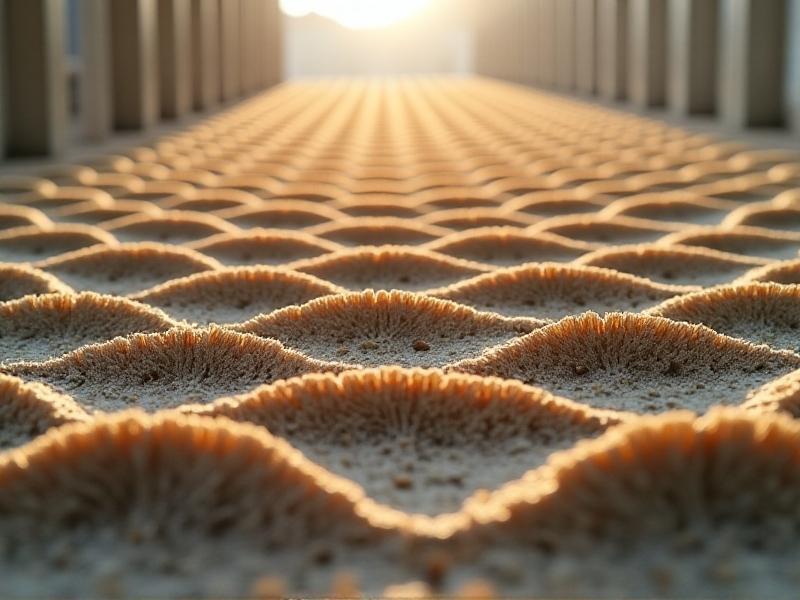
Understanding the Science Behind Fungal Insulation
Fungal insulation panels are created by growing mycelium on agricultural waste substrates, such as straw or sawdust. Over time, the mycelium binds the substrate into a dense, foam-like material that can be shaped into panels. This process not only utilizes renewable resources but also produces a material with excellent thermal and acoustic insulation properties. The key to optimizing these properties lies in the precise control of the growth environment and the design of the molds used to shape the panels. Custom molds allow manufacturers to create panels with specific dimensions, densities, and surface textures, ensuring they meet the unique requirements of each construction project.
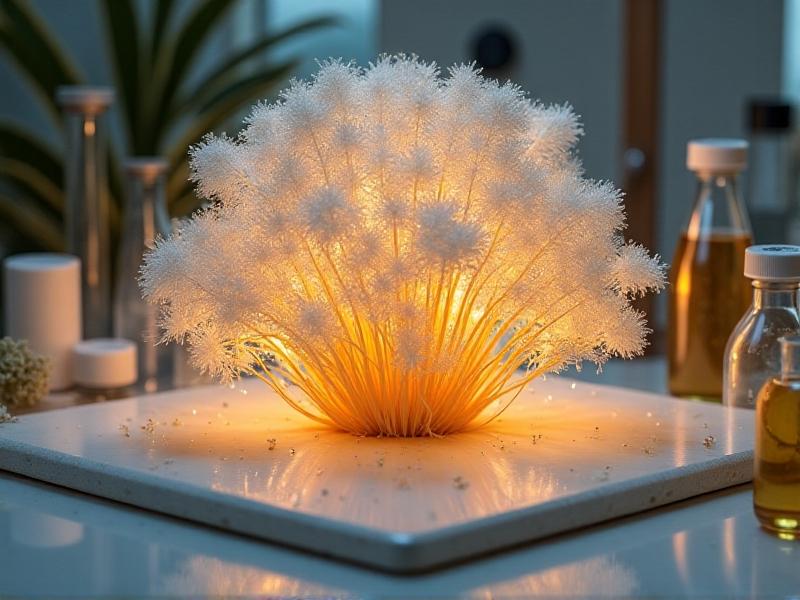
The Role of Custom Molds in Shaping Fungal Panels
Custom molds are essential for transforming raw mycelium composites into functional insulation panels. These molds are typically made from materials like silicone or 3D-printed plastics, which can withstand the humidity and temperature conditions required for mycelium growth. The design of the mold influences the panel’s final shape, thickness, and structural integrity. For instance, molds with intricate patterns can create panels with enhanced surface textures, improving their aesthetic appeal and functional performance. Additionally, custom molds enable the production of panels with varying densities, which can be tailored to specific insulation needs. This flexibility is crucial for meeting the diverse demands of modern construction projects.
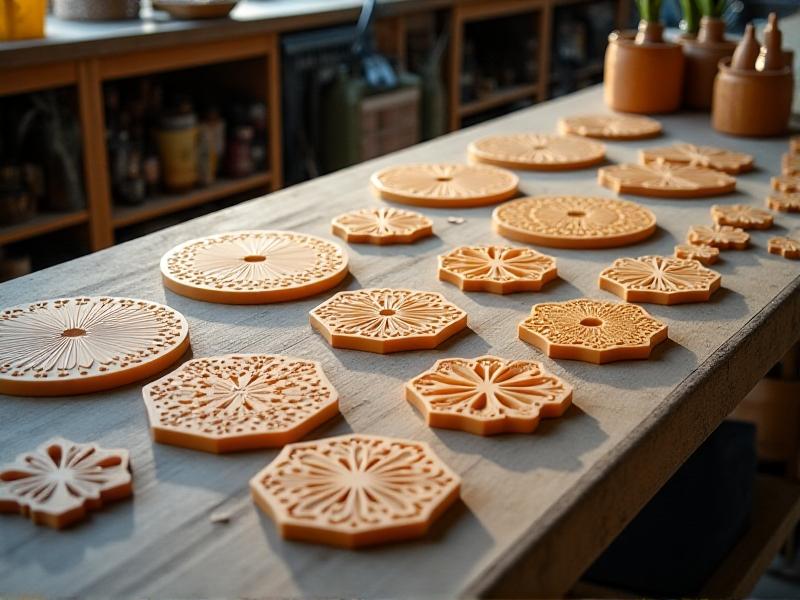
Design Considerations for Custom Molds
When designing custom molds for fungal insulation panels, several factors must be taken into account. The mold’s material must be durable and non-reactive to ensure it can be reused multiple times without degrading. The shape and size of the mold must align with the intended application of the panels, whether for walls, roofs, or other structural elements. Ventilation is another critical consideration, as proper airflow is necessary for the mycelium to grow evenly and fully colonize the substrate. Designers must also consider the ease of demolding, ensuring that the finished panels can be removed without damage. These considerations highlight the intricate balance between functionality and practicality in mold design.
Innovations in Mold Manufacturing Techniques
Advancements in manufacturing technologies have revolutionized the production of custom molds for fungal insulation panels. 3D printing, for example, allows for the rapid prototyping of molds with complex geometries that would be difficult to achieve using traditional methods. This technology also enables manufacturers to quickly iterate on designs, reducing development time and costs. Additionally, the use of sustainable materials in mold manufacturing, such as biodegradable plastics, aligns with the eco-friendly ethos of fungal insulation. These innovations not only enhance the efficiency of mold production but also contribute to the overall sustainability of the construction process.
Applications of Fungal Insulation Panels in Modern Architecture
Fungal insulation panels are increasingly being used in a variety of architectural applications, from residential homes to commercial buildings. Their lightweight nature makes them ideal for retrofitting older structures, while their thermal efficiency helps reduce energy consumption. In addition to their functional benefits, fungal panels offer unique aesthetic possibilities. Their organic texture and natural color can be incorporated into interior and exterior designs, creating visually striking spaces that reflect a commitment to sustainability. Custom molds enable architects to push the boundaries of design, producing panels that are not only functional but also visually appealing.
Challenges and Future Prospects in Fungal Insulation Production
Despite their many advantages, fungal insulation panels face several challenges that must be addressed to ensure their widespread adoption. One of the primary concerns is the scalability of production, as growing mycelium in large quantities requires significant time and resources. Additionally, the durability of fungal panels in extreme weather conditions remains a topic of ongoing research. However, advancements in mold design and manufacturing techniques are helping to overcome these obstacles. As the technology continues to evolve, the potential for fungal insulation panels to become a mainstream building material grows, paving the way for a more sustainable future in construction.
Environmental Impact and Benefits of Fungal Insulation
One of the most compelling reasons to adopt fungal insulation panels is their minimal environmental impact. Unlike traditional insulation materials, which often rely on fossil fuels and produce harmful byproducts, fungal panels are entirely biodegradable and renewable. Their production also contributes to waste reduction by utilizing agricultural byproducts as substrates. Furthermore, fungal insulation panels have a low carbon footprint, as the mycelium growth process absorbs carbon dioxide from the atmosphere. These environmental benefits make fungal insulation an attractive option for builders and architects looking to reduce their ecological impact while maintaining high performance standards.
Conclusion: The Future of Custom Mold Creation in Sustainable Construction
Custom mold creation is at the heart of the fungal insulation revolution, enabling the production of panels that are both functional and aesthetically pleasing. As the construction industry continues to prioritize sustainability, the demand for innovative materials like fungal insulation is expected to grow. By investing in advanced mold design and manufacturing techniques, manufacturers can help shape a future where buildings are not only energy-efficient but also environmentally responsible. The potential of fungal insulation panels to transform the construction landscape is immense, and custom molds will play a crucial role in realizing this potential.
